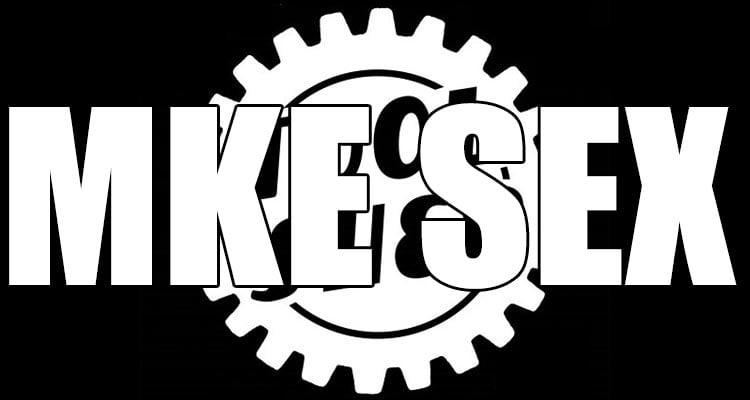Dear MKE SEX,
I’m wondering if you can help me with an issue around pronoun etiquette. I host continuing education trainings in the healthcare field with participants from around the country. I live in a conservative area where gender identity is still not really on anyone’s radar (unfortunately). I was contacted by an LGBT person who wants to take my training but is feeling cautious about traveling to my community. I totally understand that! This is a very straight and cis part of the country. I replied and did my best to offer reassurances that I would not tolerate any bullying or mistreatment during my training. In my reply, I also asked for pronouns. The reply was “diva pronouns,” which was kind of confusing to me. Does that mean basically femme? Or did I miss something entirely?
Thanks for your help!
Proper Pronoun Procedure
Dear Proper,
Thanks for reaching out. I also teach continuing education for healthcare workers and I feel like this field has really grown in its understanding of gender identity in the last few years. Hopefully your community will catch up soon. It sounds like the work you’re doing will definitely help advance the topic, and that’s something to be proud of.
Unfortunately, I can’t answer your specific question because I’ve not heard of “diva pronouns” either. Instead of telling you what that person meant, I think you should return to the conversation and respectfully ask for clarification. You could say, “I’m not familiar with that term, and I really want to get this right because pronouns are important! Do you prefer she/her, he/him, they/them, or something else entirely.” And if you haven’t offered your own pronouns, this would be a good opportunity to do so. (Are your pronouns in your email signature? That’s an easy way to create space for everyone to share theirs with you as well.)
Going forward, it’s a good idea to review your paperwork and make sure it includes a few things to let your LGBTQ participants know they’re welcome in your training.
I think it’s also important to put a statement of inclusion on their registration form. You can find good boilerplate statements on the internet, but it would be something like, “This training is welcoming to people of all races, ethnicities, religions, genders, and sexual orientations.” This will tell folks from marginalized communities that they are welcome to register and participate. And further, it will tell everyone else that this is an accepting environment and bullying will not be tolerated. A statement like this sets the tone for your training, and makes it easier for you to manage any related problems that arise during your events.
It’s also important to put a question specifically about pronouns on your registration materials. Because we can’t tell if a person is intersex, transgender, or non-binary by reading their name or even looking directly at them, asking every person their pronouns is a great way to acknowledge each person’s identity. And again, it sets a tone of acceptance for all of your participants.
Beyond pronouns, it’s becoming more and more important to be very careful and respectful about names. Trans and non-binary (and a whole lot of other folks, too) often choose a new name for themselves that is a reflection of their identity. The birth name they were given is referred to as a “dead name,” and it can be incredibly damaging to the person when it’s used. Because it’s very difficult (and often prohibitively expensive) to legally change your name, many people still have their legal name on their official documents (driver’s license, professional license, diplomas, certificates, etc.). When awarding CEUs, we need to use people’s legal name, but that name may not match the name they use in their daily lives. For that reason, I like to ask two questions about names on my own registration materials. I ask, “What do you want us to call you during the training?” and “What name should appear on your documentation?”
And finally, at the beginning of your training, you may consider making a verbal statement that affirms your written inclusion policy. That statement should include something like, “If anyone is having an issue with another person related to any aspect of their identity, please reach out to me right away.” Again, this benefits everyone by setting a clear expectation that your trainings are a welcome environment in which folks can expect to learn without fear of discrimination or harm.
Curious about cunnilingus? Anxious about anal? Do you have questions about queefs or problems with your prostate? Lucky Tomaszek is the education coordinator at The Tool Shed: An Erotic Boutique, Milwaukee’s only mission-driven, education-focused sex toy store. Send her an email at [email protected] and she’ll get back to you with an answer.

